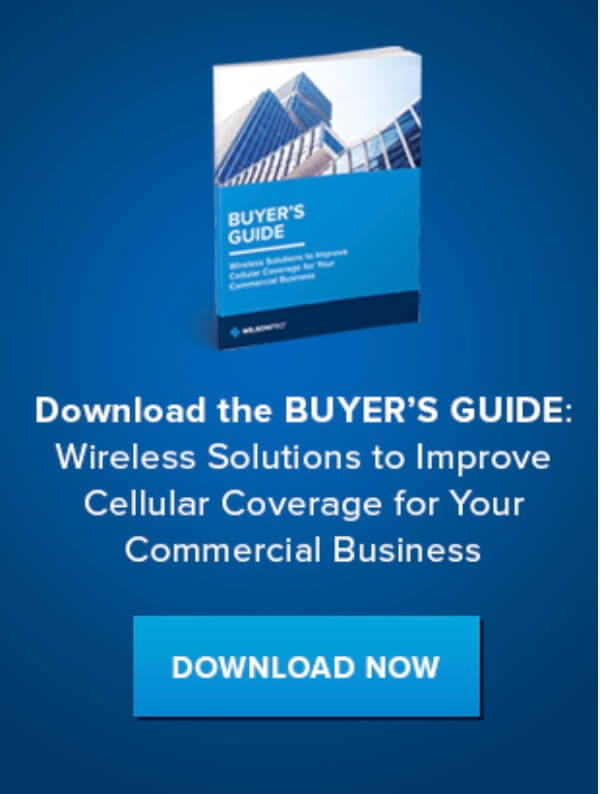Comparing Cellular and Wi-Fi: Assessing the Security of Cellular Data
- News
- 14 Jul, 2023
Comparing Security: Cellular Data vs. Wi-Fi
Accessing the internet has become ubiquitous, whether it's at home, a coffee shop, or even while commuting on a train. It's become ingrained in our daily lives to browse the web, make online purchases, and share personal information on social media platforms.
Understanding the Connectivity of Cellular Devices to the Internet
-
Cellular Networks: Accessing the internet through mobile networks like 5G, 4G, and LTE provides widespread coverage within your mobile network operators service area. All mobile data is encrypted, ensuring security during transmission.
-
Private WiFi Networks: Private WiFi networks are commonly found in homes and offices, connecting via internet service providers. These networks employ security authentication protocols like WEP, WPA, WPA2, or WPA3 to encrypt data transfer between devices. While WEP has vulnerabilities, WPA/WPA2 are more secure, although determined cybercriminals can potentially breach them. WPA3 offers increased security but remains susceptible to skilled hackers.
-
Public WiFi Hotspot Networks: Public networks, available in places like coffee shops, airports, and shopping centers, function similarly to private networks but do not require a password for access. Despite their convenience and cost-free nature, public WiFi networks pose the highest risk. Most data transmitted through these networks is unencrypted, making it accessible to anyone within range. Cybercriminals can exploit this vulnerability to gain unauthorized access to sensitive information such as credit card numbers, bank accounts, and social media accounts.
Assessing the Security of Mobile Data
Accessing the internet through your cellular network provides a secure connection. Data transmitted over 5G, LTE, and 4G connections is encrypted, ensuring the protection and authentication of your identity.
But what exactly does "encryption" mean? Encryption serves as a protective measure by scrambling or altering messages to safeguard the information stored on Internet of Things (IoT) devices. Mobile encryption plays a crucial role in safeguarding your text messages, pictures, videos, and data.
Encryption methods rely on keys, with most phones featuring a secure chip that houses a private key within the device's hardware. This private key consists of 256 bits, making it highly secure. All transmitted data is combined with a private key that can only be deciphered by the intended recipient. Intercepting and decoding this data would require an extensive amount of time to exhaust all possible combinations.
Furthermore, dedicated teams of white hat hackers actively search for security vulnerabilities in mobile networks. When identified, these vulnerabilities are reported to relevant telecommunication entities like the 3rd Generation Partnership Project (3GPP) and the GSM Association. This allows necessary measures to be taken to enhance the security of 5G, 4G, and LTE networks.

Comparing Security: Cellular Networks vs. WiFi
Why WiFi Networks Pose Higher Risks Than Cellular Networks
-
Packet Sniffing: Unencrypted networks allow cybercriminals to intercept and analyze transferred data using sniffer tools, compromising the privacy and security of the information.
-
Man-in-the-Middle Attacks (MITM): Similar to eavesdropping, MITM attacks involve the attacker positioning themselves between the user and an application, allowing them to capture sensitive data. Most public networks being unencrypted make it easier for hackers to access browsing history, login credentials, text messages, and more.
-
Rogue Hotspots or Evil Twins: These are deceptive public WiFi hotspots that mimic the name or closely resemble a legitimate network within the vicinity. When a user connects to the rogue hotspot, the hacker can intercept data and potentially inject malware into the connected device.
-
Sidejacking or Session Hijacking: In this attack, cybercriminals hijack data sessions and masquerade as authorized users to steal sensitive information.

How to Protect Your Data?
-
Minimize Public WiFi Usage: Avoid using public WiFi networks, especially for activities involving privacy-sensitive information. Although they are convenient and free, the risks outweigh the benefits.
-
Prioritize Cellular or Private WiFi Connections: Whenever possible, rely on your cellular data connection or secure private WiFi networks for internet access. This significantly reduces the exposure of your data to potential threats.
-
Exercise Caution on Public WiFi: If you must use public WiFi networks, refrain from engaging in activities that involve sensitive information, such as online shopping or accessing confidential websites and apps.
-
Implement Two-Factor Authentication: Enable two-factor authentication for your accounts whenever available. This provides an additional layer of security, even if an unauthorized individual manages to breach your network's data security.
-
Activate Device Firewalls: Enable the firewall feature on your devices to protect against unauthorized activities and incoming threats.
-
Utilize Antivirus Software: Invest in reliable antivirus software that can identify and alert you to potential malware or suspicious activities, enhancing your overall protection.
-
Keep Software and Operating Systems Updated: Regularly update your software and operating systems, including Apple iOS, Android OS, Chrome OS, and Microsoft Windows OS. Updates often include security patches that protect against known vulnerabilities and make it more challenging for hackers to exploit your devices.
-
Consider Mobile Hotspots or Signal Boosters: If you frequently rely on public WiFi networks, consider investing in a mobile hotspot or a cell phone signal booster. A mobile hotspot creates a secure portable WiFi network, while a signal booster enhances cellular reception, allowing you to use your mobile data without interruptions.
How May We Help You?
Why Choose Us?
- Expert Support: Free consultations with our South African-based customer support team.
- Fast Delivery: Free shipping on orders over R750 to major South African cities.
- Satisfaction Guaranteed: 30-day money-back guarantee.
Whether you’re a remote worker, adventurer, or business owner, our solutions enhance connectivity while prioritizing security. Contact us for expert advice and find the perfect signal booster for your needs.


